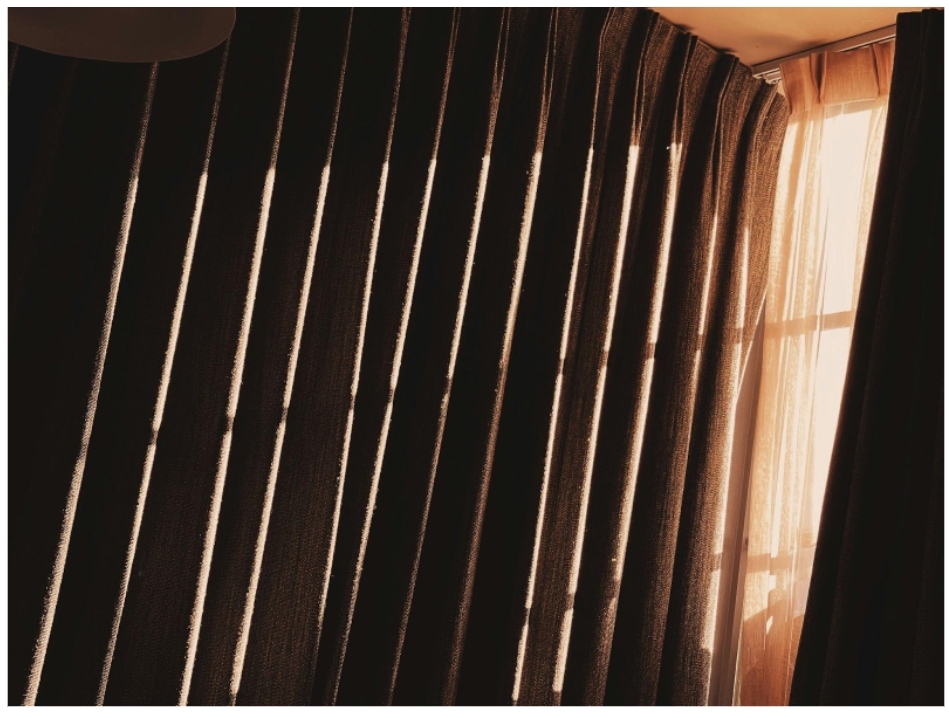Reset Your Evenings: Simple Routines That Help You Sleep Better

Getting good sleep in today’s fast-paced world can feel like a luxury. But with a few intentional tweaks to your evening, you can reclaim your rest, without feeling like you’re overhauling your entire life. Whether it’s lighting a candle, reading a book, or sipping a calming herbal tea, small habits truly make a difference. For many, that evening wind-down is made even smoother with a little help from something like Snoozy, a brand that understands the connection between rituals and rest.
Why Better Sleep Starts Before Bedtime
It’s tempting to think of sleep as something that starts the moment your head hits the pillow. In reality, the quality of your sleep is set in motion hours before you even get into bed. Evening routines signal to your brain that it’s time to transition from the day’s intensity to a more peaceful rhythm.
From a biological standpoint, your body’s circadian rhythm needs consistent cues to understand when to power down. When these cues are chaotic or absent altogether, sleep becomes elusive. You can’t just flip a switch and expect your nervous system to follow along.
The Role of Consistency in Your Wind-Down Ritual
Sleep thrives on routine. One of the most effective things you can do for your sleep is to go to bed and wake up at the same time every day, yes, even on weekends. This consistency strengthens your internal clock.
But it’s not just about timing. The actions that lead up to bedtime also matter. Brushing your teeth, dimming the lights, journaling for five minutes, or listening to mellow music, when done in the same order each night, create powerful neurological associations with rest.
Digital Detox: Less Screen, More Sleep
The blue light emitted from phones, tablets, and TVs has a profound impact on your brain’s melatonin production, which is essential for sleep. This isn’t just health blogger advice, it’s backed by research from trusted sources like the National Institutes of Health, which highlights the way screens delay the natural onset of sleep.
To make digital detoxing doable, try a few of these gentle swaps:
- Replace phone scrolling with reading a book (physical, not Kindle).
- Swap out TikTok binges for ambient sound playlists.
- Create a “no screens after 9 PM” household rule.
Creating a Calm Sleep Environment

The vibe of your bedroom directly affects your ability to relax. This isn’t about expensive renovations or new furniture, it’s about creating a space that feels safe, calm, and sensory-friendly.
Here’s what can help:
- Cooler temperatures: Ideal sleep temp is around 65°F (18°C).
- Blackout curtains: Light pollution messes with your melatonin.
- Scent matters: Lavender or eucalyptus can trigger calm responses.
- Declutter: A visually chaotic space equals a mentally chaotic one.
Micro-Habits That Signal “It’s Time to Slow Down”
We often assume that change must be massive to be meaningful. But in reality, small, repeated habits, aka micro-habits, are incredibly powerful. Here are a few that can ease the transition into rest:
- Light a candle every night at the same time. It’s a tiny action with big psychological impact.
- Take three deep breaths while brushing your teeth. It grounds your nervous system.
- Sip a calming drink, even better if it includes natural, gentle ingredients that encourage relaxation.
- Write a one-sentence journal entry. No pressure. Just a thought or a reflection.
These moments may seem insignificant in isolation, but when repeated, they anchor you.
Evening Supplements & Natural Supports
Some people find that their sleep quality improves with light supplementation, especially when it’s plant-based or derived from herbs historically known to calm the body.
That’s where options like Snoozy come into play. With products infused with calming ingredients like melatonin and adaptogens, their evening-friendly gummies are designed to support sleep without creating grogginess the next day. The act of taking something gentle and enjoyable before bed becomes part of the ritual.
Importantly, it’s not about “knocking yourself out.” It’s about helping the body do what it’s naturally meant to do: rest.
A Note on Boundaries and Mental Unwinding
While we often talk about physical sleep prep, cool rooms, herbal teas, fewer screens, the mental side of the equation is just as critical. Boundaries are your friend.
- No emails after dinner.
- Don’t schedule intense conversations after 8 PM.
- Make your bedroom a no-work zone.
Your brain needs to trust that the end of the day is truly the end. That’s when the shift into rest mode becomes possible.
Why Sleep Is the Foundation of Wellness
We often place sleep on the backburner, treating it as something to “fit in” after everything else is done. But the truth is, sleep affects every other area of your life: cognitive function, mood, hormone balance, immune resilience, and even creativity.
When you’re sleeping well, you’re more patient. You make better decisions. You’re less reactive and more present.
And that’s the real magic of evening routines, not just that they help you sleep, but that they help you show up better in your waking life.
You don’t need a 12-step bedtime routine, a meditation app, or spa-like conditions. What matters most is that your wind-down works for you.
So start small.
Choose one habit tonight that signals to your body: we’re done for the day. Whether that’s dimming the lights, turning off notifications, or chewing a Snoozy gummy, it’s the repetition, not the complexity, that brings results.
In a world that rewards hustle, there’s quiet power in the choice to rest intentionally. Sleep isn’t passive. It’s one of the most powerful, restorative acts you can give yourself.



